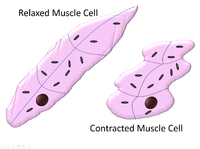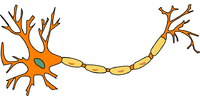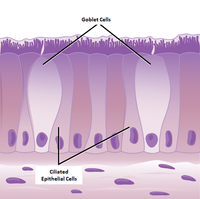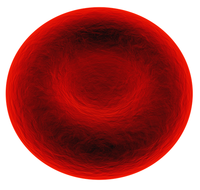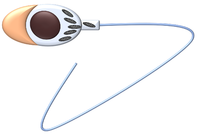Contents
Key Stage 3
Meaning
A specialised animal cell is a cell that has a special shape or special features to do a certain job in the animal.
About Specialised Cells
- All animals have specialised cells.
- Specialised cells make an animal more efficient than if every cell was the same.
- Specialised cells have specific adaptations that make them good at their function.
- Animal cells can be specialised by having more mitochondria, having tiny hairs called cilia, or having an elongated shape.
Some specialised cells in animals that you should know:
Specialised Animal Cells
| Muscle Cell | Nerve Cell | Ciliated Epithelial Cells |
| Red Blood Cell | White Blood Cell | Sperm Cell |
| Egg Cell | ||
Key Stage 4
Meaning
Specialised Animal Cells are cells in animals that are adapted for a specific function.
About Specialised Animal Cells
- Multicellular organisms need specialised cells to perform certain functions for that organism.
- Specialised cells make an organism more efficient than if every cell was the same.
- Specialised cells has special adaptations that make them good at their function.
- Cells can be specialised by having more mitochondria or chloroplasts than usual. They might be specialised with tiny hairs called cilia, or have an elongated shape.
Some Specialised cells in animals that you should know:
Examples
| Muscle Cell | Ciliated Epithelial Cells | Red Blood Cell |
| White Blood Cell | Sperm Cell | Egg Cell |
| Sensory Neuron | Relay Neuron | Motor Neuron |
